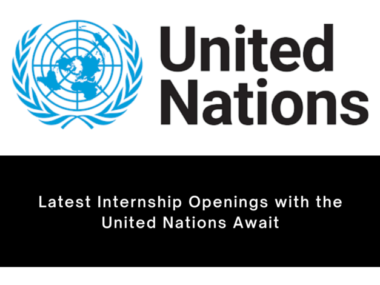Unlocking Financial Independence: The Importance of Education in Financial Literacy
Introduction:
Financial independence is a goal that many individuals strive for. It represents the ability to afford the lifestyle one desires without being reliant on others for financial support. One key element to achieving financial independence is having a solid foundation in financial literacy. Unfortunately, financial education is often overlooked and undervalued in traditional educational systems. This article aims to highlight the significance of education in financial literacy and provide insights into how it can pave the way towards unlocking financial independence.
Importance of Financial Literacy Education:
1. Enhancing Decision-Making Skills:
Financial literacy education equips individuals with the knowledge and skills necessary to make informed financial decisions. From understanding the basics of budgeting and saving to navigating complex investment opportunities, financial literacy empowers individuals to make sound choices that align with their long-term goals.
2. Developing Money Management Skills:
By educating individuals about the importance of budgeting, saving, and investing, financial literacy education helps develop effective money management skills. Learning how to allocate resources efficiently, identify and prioritize financial goals, and track expenses are crucial steps towards achieving financial independence.
3. Avoiding Debt and Financial Pitfalls:
Lack of financial literacy often leads individuals into debt traps and financial hardships. By providing education on credit management, loans, interest rates, and debt consolidation, financial literacy equips individuals with tools and strategies to avoid excessive debt and make informed borrowing decisions.
4. Building Wealth and Asset Accumulation:
Understanding the principles of wealth creation and asset accumulation is crucial for attaining financial independence. Financial literacy education helps individuals grasp concepts such as compound interest, investment strategies, retirement planning, and diversification. This knowledge empowers individuals to grow their wealth strategically and make informed decisions to secure their financial future.
5. Fostering Entrepreneurship:
Financial literacy education is an essential component in developing an entrepreneurial mindset. By providing knowledge about business planning, financial projections, market analysis, and cash flow management, individuals are better prepared to start and run successful businesses. Entrepreneurship can be a gateway to financial independence, and financial literacy helps individuals navigate the challenges and opportunities that come with it.
FAQs about Financial Literacy:
Q1. How can one start their financial literacy journey?
A: One can start by reading books and online resources focused on personal finance, attending workshops or seminars, signing up for online financial courses, and seeking guidance from financial advisors.
Q2. Can financial literacy education benefit individuals of all ages?
A: Absolutely. Financial literacy is essential for individuals of all ages. It is never too early or too late to start learning about personal finance and making informed financial decisions.
Q3. Are there any free resources available for financial literacy education?
A: Yes, there are numerous free resources available online, such as blogs, podcasts, and YouTube channels, dedicated to providing financial education. Many nonprofit organizations also offer free financial literacy programs.
Q4. How can financial literacy education contribute to economic growth?
A: When individuals are financially literate, they are more likely to make informed decisions, invest in productive assets, start businesses, and contribute to overall economic growth.
Q5. Is financial literacy education a one-time learning process?
A: Financial literacy is an ongoing learning process. The financial landscape continually evolves, and individuals need to stay updated on new trends, products, and regulations to make informed decisions.
Conclusion:
Financial literacy education plays a pivotal role in unlocking financial independence. By enhancing decision-making skills, developing money management abilities, avoiding debt, building wealth, and fostering entrepreneurship, it equips individuals with the necessary knowledge and skills to thrive financially. As financial literacy continues to receive the attention it deserves, individuals have the opportunity to take control of their financial future, break free from financial struggles, and achieve the long-sought-after goal of financial independence.





